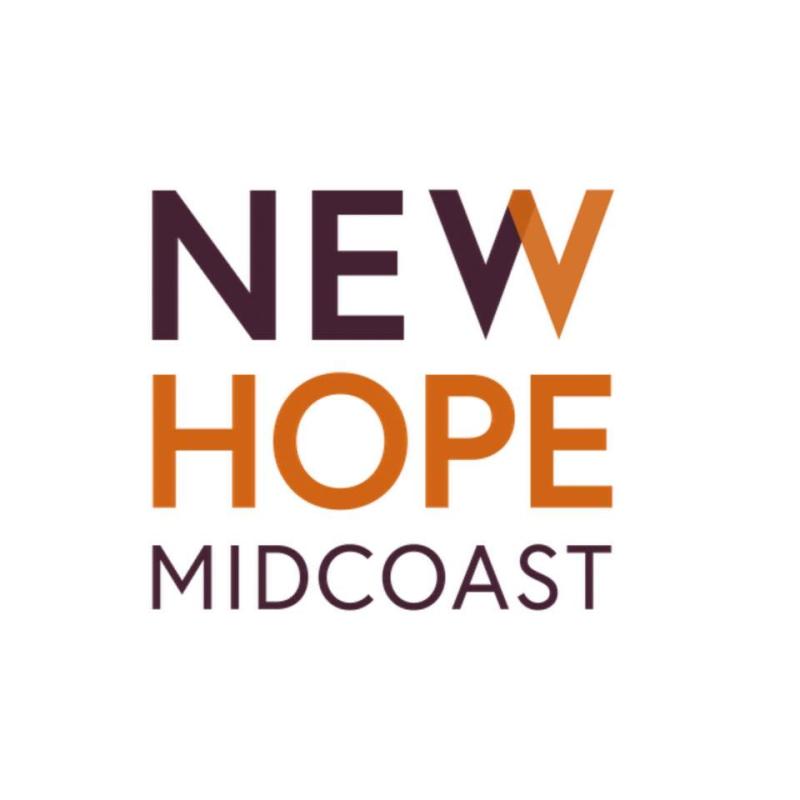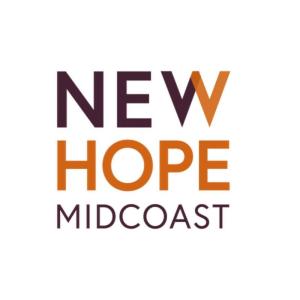Economic abuse: Do not pass go. Do not collect two hundred dollars
Economic abuse can be just as devastating as physical abuse. To deny someone rightful access to money or basic resources is an attack on their fundamental existence. Managing and controlling one’s own money are seen as an important litmus test for adulthood, which leaves survivors of economic and financial abuse completely disempowered (disem-personed, really, if that were a word). It’s as if they’ve drawn the “Go to Jail” card in a real life Monopoly game.
Almost without exception, survivors need to rebuild their economic identity. It is, at the minimum, a fourfold project. According to the Allstate Foundation’s Moving Ahead Curriculum, people must: 1) care for their families; 2) secure income; 3) find affordable housing; and 4) create long term assets. As simple as this sounds, it is a long, difficult, and humiliating process for abuse survivors, many of whom are women. The very real gender wage and poverty gaps in our society mean that women, as well as people of other marginalized identities, are already, according to recent research, “more likely to experience financial hardship than men, and live with economic hardship for a longer period of time.”
Getting to “Go”–Some Basic Steps in Financial Safety Planning
A person’s financial biography—birth certificate, social security number, driver’s license, bank accounts, tax records, and credit rating—can be a veritable treasure map for an abuser, marking their partner’s most vulnerable spots. The following actions can help thwart potential abuse, secure a new financial identity, and stay safer from ongoing fraud and abuse:
• Get a post office box in your own name (if that feels safe enough), or procure a safe address through the state of Maine’s address confidentiality program.
• Find a source of basic income—a job, Social Security or Disability income, court ordered support from the ex-partner, supportive family and friends, or public assistance such as TANF. Though it can be difficult to reach out, many local advocacy organizations offer grants, housing options, and necessary material resources.
• Get a vehicle in your own name so that an abusive partner cannot access, repossess, or track it. As a plus, a lease or auto loan, if you can manage it, can help build credit.
• Establish a checking and savings account in your own name. A safe deposit box for personal papers and valuables is also a good idea.
• Remove the abusive partner’s name from your accounts. Practice good credit hygiene by checking, managing, and overseeing your own credit. Learning how to do this doesn’t happen overnight.It’s a process of learning, growing, and gaining confidence in your own capability. Start by obtaining free copies of your credit report and/or use an app like Credit Karma (only on a new device to which the abuser has no access) to monitor and begin to repair credit.
• Consider applying for a new Social Security number. Though a drastic step, this avenue is open to victims of economic abuse, fraud, and identity theft and can be pursued through your local Social Security office.
• Find separate health insurance where possible through the Affordable Care Act, Mainecare, or an employer. Remove the abuser’s name as an emergency contact, health care proxy, power of attorney, or from other positions of influence in situations where you may be unable to advocate for yourself. Instead, ask a supportive family member or friend to occupy these roles and make it official by completing the necessary legal paperwork.
• If you have made a will, you may want to explicitly disinherit the abuser to prevent future claims on your estate. In this event, it is a good idea to seek the assistance of an attorney.
• If needed, get help to apply for housing assistance. Ensure the residence is listed in your name, without the abuser’s name attached to the lease or deed. Again, this may require finding legal representation and can be daunting. Pine Tree Legal Assistance has information and many helpful forms, articles, and videos on its website to assist with navigating issues with landlords and other related topics.
• Change household accounts like phone, water, electric, sewer, and WiFi into your name, even if the abusive partner is still responsible for payment through a court order. This may be of some help in building credit and can prevent the abuser from doing more damage to your reputation and credit.
• Tech Safety is critical! Close out joint accounts/apps and reopen in your name (ex: Apple IDs, phone lines, streaming services, computer sharing, and other wireless/remote controlled devices). All of these can be hacked, controlled remotely, and used to surveil or access personal information. Make thoughtful decisions about what to share on social media to avoid inadvertently providing clues to potential passwords you may use.
This is not an exhaustive list, but the above actions are worth considering as victim-survivors begin to assess the damage and consider personal goals.
Who can help?
Much of the information cited here was obtained from the Moving Ahead Curriculum, provided for free and available online from the Allstate Foundation. Anyone may access the curriculum in .pdf form, for free, at: allstatefoundation.org/what-we-do/end-domestic-violence/resources/
FreeFrom.org is a survivor-run organization dedicated to “building an ecosystem of support,” for every survivor. They emphasize that economic security is essential for all survivors, explicitly calling out intimate partner violence as “a structural form of economic abuse that intersects with other forms of oppression.” They support survivors directly with grants, a matching savings program, peer support, and interactive tools to help discover what is available on a state-by-state basis.
It’s hard to reach out for help, but advocates can work with survivors over the long term to help navigate the process of setting up a new household and restoring economic and social person-hood.
New Hope Midcoast is one of Maine’s regional Domestic Violence Resource Centers and a member of the Maine Coalition to End Domestic Violence. The nonprofit organization supports people impacted by domestic abuse, dating violence, and stalking through housing and legal advocacy, education and prevention programs, and a 24/7 helpline. New Hope empowers clients by providing options and treating everyone with care and respect. The organization serves Sagadahoc, Lincoln, Knox, and Waldo counties.
























